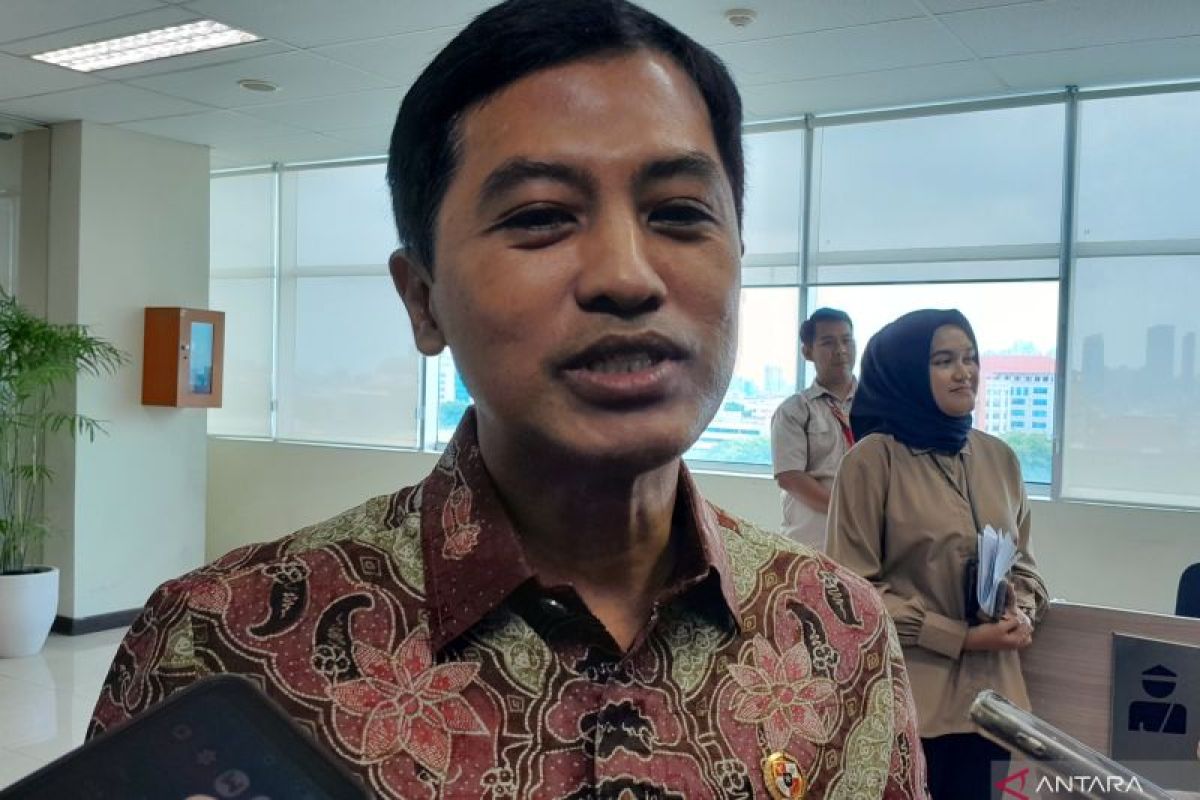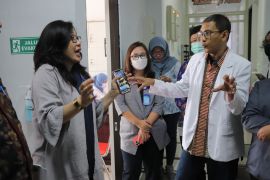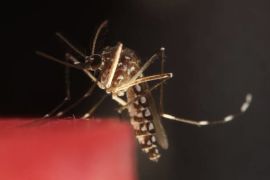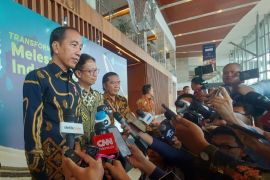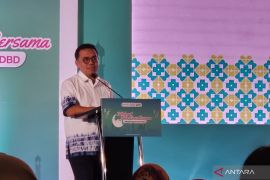"The second is equal access to health services and new therapies as part of everyone's rights," Harbuwono stated in a broadcast titled "Healthy Kidneys for All" by the Health Ministry on its official YouTube channel here on Wednesday.
The deputy minister highlighted that the third step is empowering patients and communities as the key to preventing and controlling chronic kidney disease.
He quoted Mahatma Gandhi's statement that health is true wealth, not gold or silver. He believes that this quote also applies to kidney health, as this organ is one of the most important assets for humans.
"Our kidneys can work tirelessly every day to filter the blood, removing toxic waste in the body, a vital function that allows us to live a healthy and productive life," he remarked.
The deputy health minister noted that chronic kidney disease had become a global pandemic affecting 850 million people worldwide and resulted in over 3.1 million deaths in 2019.
Related news: Posyandu part of efforts to control kidney disease: Ministry
In Indonesia, chronic kidney disease is the 10th leading cause of death, with a prevalence of almost 750 thousand people aged over 15 years, he remarked.
"Basic Health Research states that the increase in the proportion of the population with kidney cases was 0.2 percent in 2013, increasing to 0.4 percent in 2018," he stated.
In addition, this disease causes a high financial burden. Based on the BPJS data, Harbuwono noted that in 2023, there was an increase in funding for chronic kidney disease, from Rp2.1 trillion in 2022 to Rp2.9 trillion in 2023.
"Imagine, there is as much as Rp0.8 trillion, almost Rp1 trillion, in one year," he remarked.
According to Harbuwono, the ministry's strategy for handling this disease is contained in the provisions for health transformation for the 2021-2024 period, including promotive and preventive methods, such as early detection, strengthening referral services, increasing the capacity and quality of health workers, and building and strengthening partnerships.
On that occasion, the deputy minister of health invited all parties to participate in prevention efforts through social media and talk shows, among others, as an effort to increase knowledge and awareness about the disease in addition to building joint commitment.
Related news: Acute kidney injury cases see significant decline: Ministry
Related news: Posyandu play vital role in kidney disease prevention: Ministry
Translator: Mecca Yumna Ning Prisie, Katriana
Editor: Yuni Arisandy Sinaga
Copyright © ANTARA 2024
